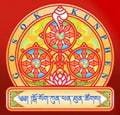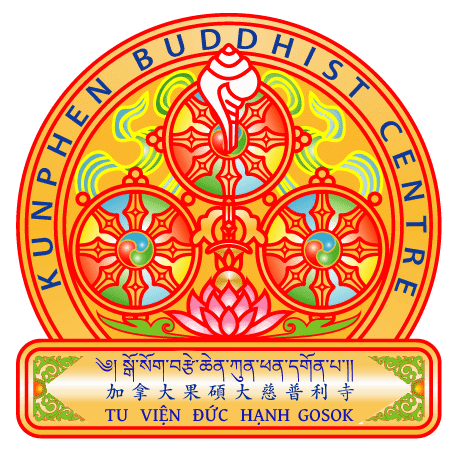Acinta, the “Avaricious Hermit”, was one of the 84 Indian Vajrayana Mahasiddhas….
阿金達,”沒有念頭的貪婪隱士 “,是古印度金剛乘八十四大成就者之一….
阿金達原是達納鹿巴城中賣木材維生的人,他很貧窮,日夜夢想得到財富;然而一切只是一場白日夢,沮喪之餘,阿金達便獨自到一處沙漠沈思。
瑜珈士岡巴拉(Kambala)經過該地,便教導阿金達財富法門,實則導引禪修。阿金達依法修行,最終證得大手印,廣行利生三百年後即身進入空行淨土。(維基百科)
Acinta was a poor wood-seller in Dhanirupa who constantly fantasized of being rich. He was so tormented by his obsession that he could not bear anyone interfere with his dreaming. So he moved away to isolation.
One day, the yogin Kambala met the hermit and they shared a frugal meal. Acinta told the yogin of his obsession. Kambala asked Acinta if his thinking improved since escaping from men and their chattering. Acinta said he was still possessed by the desire for riches. If only he can rid of it, his mind would be perfectly empty. He then asked if the yogin know of any way to free him of this foolishness. The yogin then gave him the Samvara initiation and sang him a song of instruction. The hermit meditated according to his guru’s instruction. When the glittering radiance of the stars filled his mind, there was no room left for thoughts of gold. His obsession vanished and became thought free.
He then searched for his guru to tell him that his mind had become empty, and Kambala sang to him:
What is the nature of the sky?
Can you make something of it?
How can you desire it?
How can you think about it all?
When the hermit realized the deep meaning of the verse, he achieved mahamudra siddhi. He was known as the guru Acintapa. For 300 years he selflessly taught his countless disciples how to realize the ultimate nature of being. When the time came, they all accompanied him into the Paradise of the Dakinis.
Mahasiddha Ananggapa ||
大成就者 阿南果
84 Mahasiddhas ||
84 大成就者
Mahasiddha Ajogi ||
大成就者 阿佐奇



